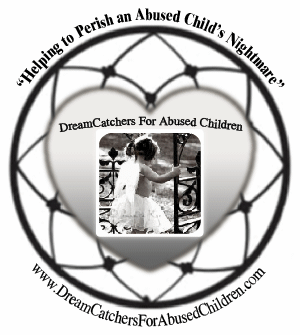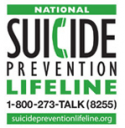The Pain of Betrayal
90% of child sex abuse victims are abused by a family member or someone they know and trust
How can I overcome the pain of betrayal?
 Betrayal is a gross violation of trust and can be one of the most devastating forms of pain inflicted upon a human being. The suffering of betrayal is often magnified by a sense of vulnerability and exposure. For many, the pain of betrayal is worse than physical violence, deceit, or prejudice. Betrayal destroys the foundation of trust. It’s a shame when innocent people are betrayed and hurt by people they once loved and trusted. The emotional and physical pain inflicted with this type of betrayal can traumatize the victim for a lifetime. The closer the relationship, the greater the pain of betrayal.
Betrayal is a gross violation of trust and can be one of the most devastating forms of pain inflicted upon a human being. The suffering of betrayal is often magnified by a sense of vulnerability and exposure. For many, the pain of betrayal is worse than physical violence, deceit, or prejudice. Betrayal destroys the foundation of trust. It’s a shame when innocent people are betrayed and hurt by people they once loved and trusted. The emotional and physical pain inflicted with this type of betrayal can traumatize the victim for a lifetime. The closer the relationship, the greater the pain of betrayal.
Betrayal is one of the most painful human experiences. Discovering that someone we trusted has deeply hurt us pulls the reality rug from under us. When we see the word “betrayal” we may immediately think “affair.” But betrayal comes in many forms. Abandonment, vicious gossip, and spreading lies also may be experienced as betrayal. A damaging aspect of betrayal is that our sense of reality is undermined. What felt like solid trust suddenly crumbles. Our innocence is shattered. We’re left wondering: What happened? How could this happen? Who is this person? Some betrayals leave us with little choice but to heal and move on with our lives, such as when we’re suddenly abandoned.
Abuse is another form of betrayal that can have long-term consequences for an individual’s adjustment. According to betrayal trauma theory, if you’ve been the victim of childhood sexual abuse at the hands of the person caring for you, you may repress or block the experiences from your memory in order to continue to survive. The closer you are to that abuser, the greater the degree of trauma you experience. and the higher your risk for long-term mental health problems.
How to Deal With Betrayal: 8 Steps
What to Do When You’ve Been Betrayed
25 Ways To Deal With Betrayal – Discovering Purpose
So You’ve Been Betrayed – 7 Steps on How to Survive
---------------------------------------------
By the time you finish reading this, 15 children will have been abused; In the next five minutes, 30 more; Within the next hour, 360 more; And by tonight, close to 8,000+ children will have suffered from abuse, 5 of which will die. Child abuse has increased 134% since 1980 and is now considered a worldwide epidemic. The high jump in child abuse deaths and the shocking increase in statistics highlights the frightening lack of public knowledge.
Educate Yourself -- Learn the Facts
It May Just Save a Child's Life!!


















![Validate my RSS feed [Valid RSS]](http://dreamcatchersforabusedchildren.com/wp-content/uploads/2009/10/valid-rss.png)












